Does Tylenol Cause Constipation? Find Out Here

If you’ve ever had sore muscles from exercising or a headache from a long day at work, you’ve probably reached for a bottle of Tylenol to help soothe some of your discomfort. Afterward, you may have noticed yourself feeling a little more stopped up than usual.
Is Tylenol really the cause of your constipation? And if so, how can you fix it? Check out this article where we go over medication-induced constipation and how to combat it.
What Is Tylenol?
Tylenol, also known as acetaminophen, is an over-the-counter pain relief drug and fever reducer. It’s commonly used to treat minor aches and moderate pain, as well as to help lower fever when you’re feeling sick. Acetaminophen works not by reducing pain but by elevating the body’s threshold for pain, so you feel its effects less.
Unlike some of the other pain relievers on the market, like Naproxen, Aspirin, and Ibuprofen, acetaminophen is not a part of a group called nonsteroidal anti-inflammatory drugs (NSAID). Usually, acetaminophen and NSAIDs can be taken together alternately for pain relief and reduction of a particularly nasty fever.
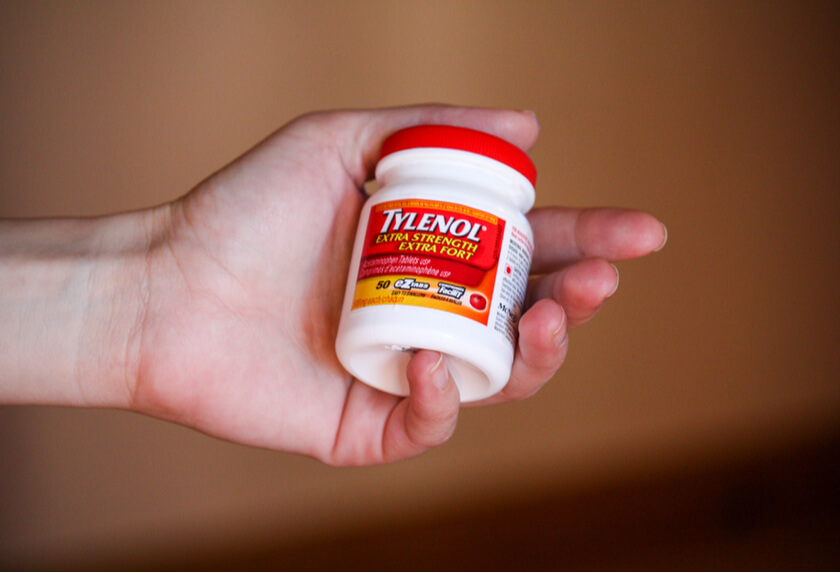
Advertisement
Will Tylenol Cause Constipation?
Harvard medical school explains that acetaminophen, the active ingredient found in Tylenol, is usually tolerated very well among most individuals. When used in the recommended dosage by doctors, most people don’t experience any side effects when it comes to Tylenol use.
However, in some cases, Tylenol can cause a number of side effects, including constipation. A study in 2007 found that many people who experience constipation after taking Tylenol did so after taking seven or more tablets within the course of a single week.
Tylenol comes in several different forms, and some forms of Tylenol actually cause constipation more than others. For example, Tylenol PM, a medication used to help you sleep while in pain or with a fever, has an ingredient called diphenhydramine, which is well-known for causing constipation.
If you’re someone who has chronic pain, then acetaminophen might be something you often use. However, with increased use of over-the-counter pain relievers comes an increased risk of constipation.
Acetaminophen can also cause issues for people who are already suffering from other issues in their GI tract, like irritable bowel syndrome. If your bowel movements are more difficult than normal and you’ve been taking an increased dosage of pain meds, then acetaminophen might be the culprit.
Other side effects
Acetaminophen in some adults can also cause allergic reactions in the skin, including reddening and skin rashes. Acetaminophen also comes with a liver warning, and it is advised not to take it over the recommended allowance nor take it with alcohol.
How to Relieve Medicine-Induced Constipation
Dealing with needing to take a pain reliever and constipation at the same time is no fun. Thankfully, we’ve found some of the best ways to relieve constipation, especially if you’re getting it multiple times per week or any time you take acetaminophen.
#1 Increase your fiber
The first thing you want to do when you notice yourself getting constipated more often is to increase your fiber intake. This isn’t an instant cure for constipation, but it will help keep your body regular in the future. Add sources of dietary fiber to your diet, like fresh fruits, vegetables, and whole grains.

#2 Try a fiber supplement
If you’re still struggling to get enough fiber in your diet the traditional way, there are always fiber supplements.
#3 Stay hydrated
Again, this isn’t an instant cure for constipation, but it will ensure that you get it less and less, especially if you’re taking Tylenol. Your body needs water to keep everything moving in your digestive tract, so make sure you’re drinking the recommended amount of water every day.

#4 Try a stool softener
If it’s been a few days since you’ve had a bowel movement, then your first stop should be stool softeners. Stool softeners work by helping your stool absorb more water, which makes them easier to pass through your digestive system.
#5 Try a laxative
If you’re struggling with using the bathroom and you haven’t had a bowel movement in a while, it might be time to take out the big guns. A laxative helps activate the lining of your gut, which can get things moving along. Make sure to check with your healthcare provider, as laxatives can interfere with other medications.
#6 Continue moving
Depending on your need for pain relievers, an increase in exercise might not be the answer for you. But, it is a good idea for people who are suffering from being stopped up. Exercise helps the body keep everything moving along, and it’s good for your overall health, too.

#7 Let your body do its thing
An important factor in helping chronic constipation is allowing your body to do what it needs to do naturally. Doctors suggest making sure that you take time out of your day to allow your body to do what it needs to do – but remember that spending too much time on the toilet can put unnecessary strain on your anus, causing hemorrhoids and other issues.
A Word From our RD
Dealing with chronic pain and having to take over-the-counter medication is hard enough without also having to deal with our bodies being stopped up. Constipation is one of the possible side effects of heavy over-the-counter pain medication use.
Constipation can also cause a number of other health issues: back pain, nausea, and even headaches are well-known side effects for those struggling with constipation.
Prescription medications might be the way to go if you’re struggling with constipation. Your healthcare provider will be able to look at your symptoms and determine if a prescription to deal with your constipation is right for you.If you’re getting constipation to the point of bloating, stomach pain, or any other medical emergency, then stop taking your over-the-counter pain medication and seek healthcare providers advice as soon as possible. Your doctor knows you best and can advise diagnosis or treatment.
Conclusion
Does Tylenol cause constipation? While acetaminophen in the form of Tylenol is usually well-tolerated by most people, some of the most common side effects still include a decreased ability to have normal bowel movements. Medications of all kinds have risk factors, but not being able to go to the bathroom is one of the most uncomfortable.
If you’re suffering from this particular side effect, then you might need some of the information we covered above to help keep your body regular. Increasing your water and fiber intake are great ways to make sure that you stay regular and don’t get constipation in the future.
Of course, if you’re still struggling after a few days with no change, you should always seek treatment from your doctor. Depending on your need for pain relief, another prescription might be advised in order to deal with your constipation.

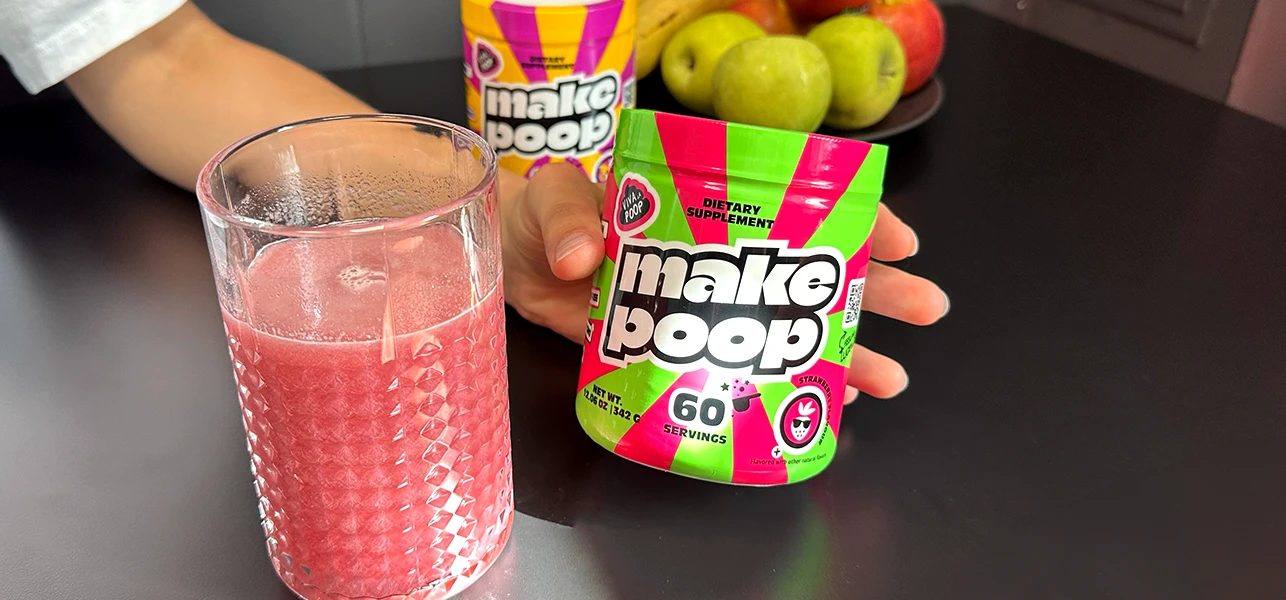
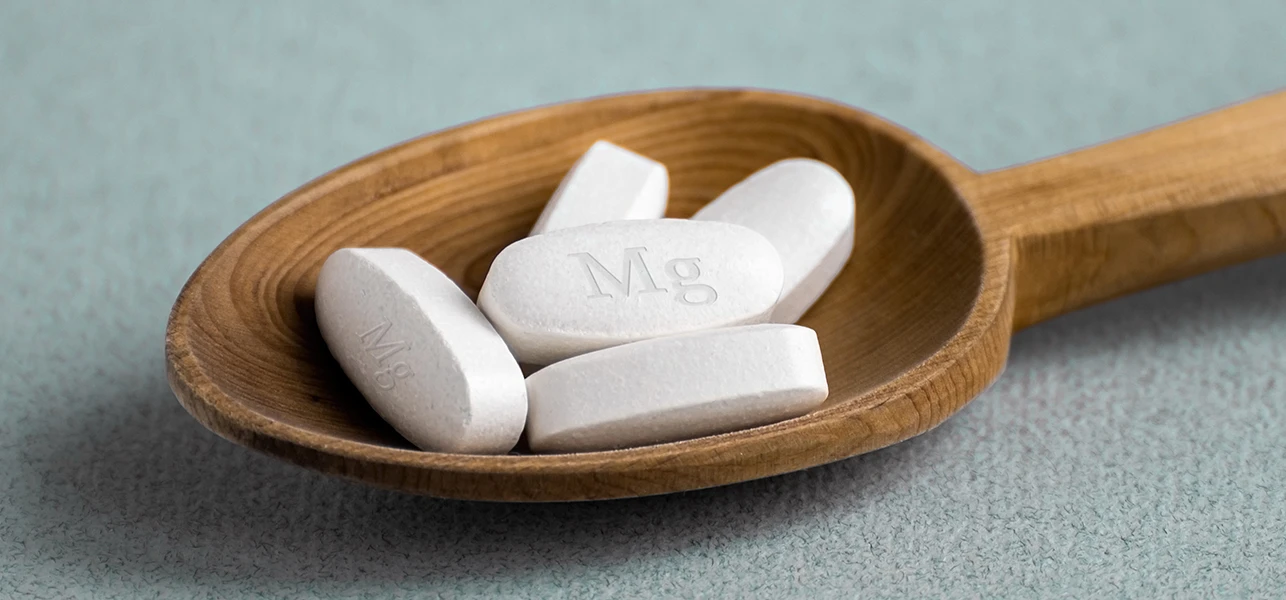

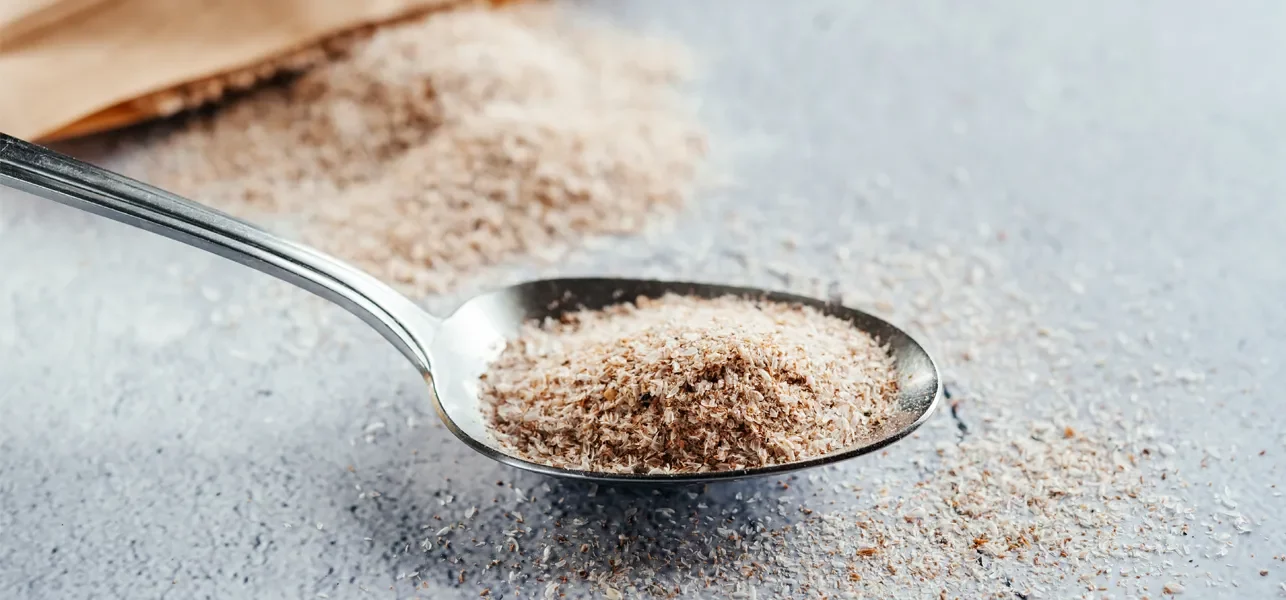

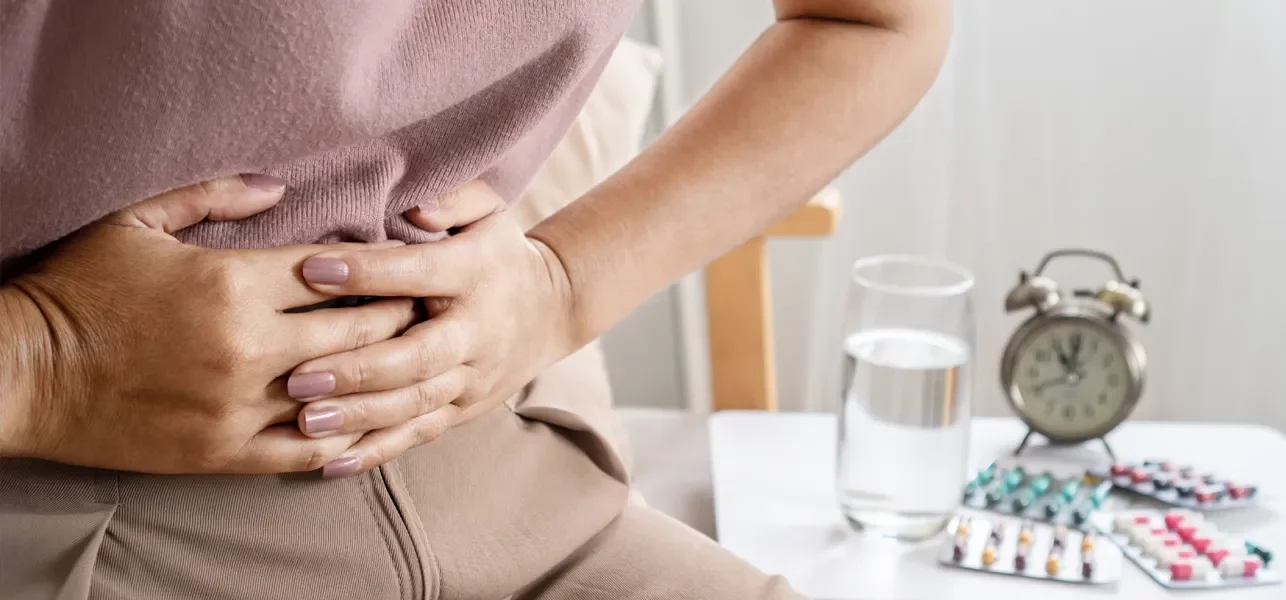
Comments (0)